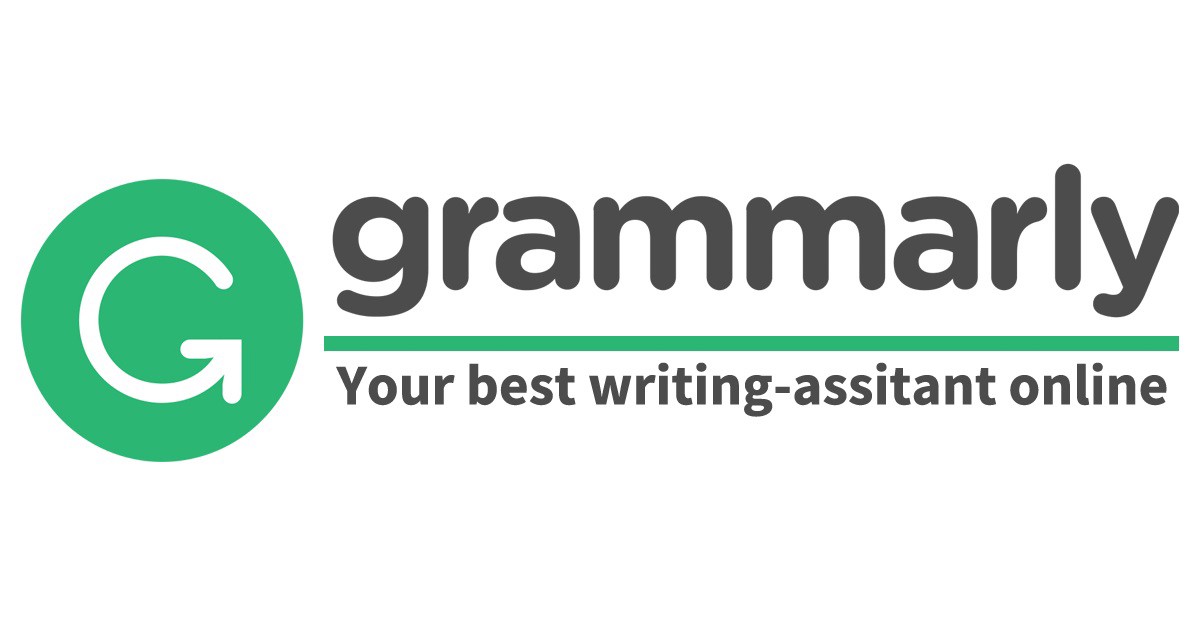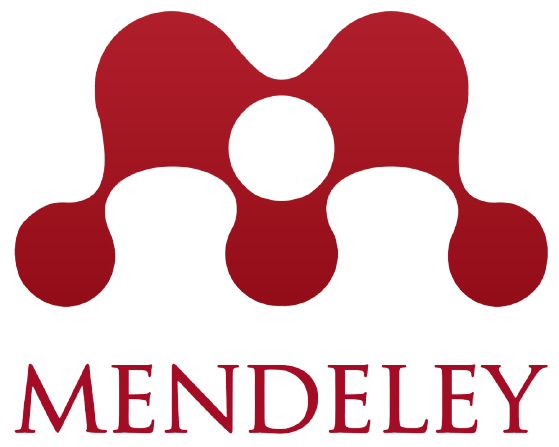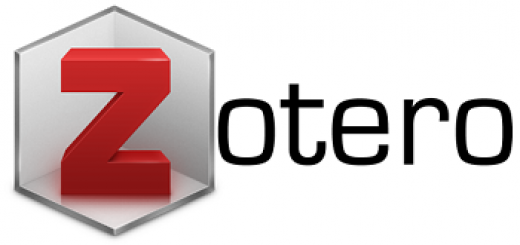THE EFFECTIVENESS OF EXPRESSIVE WRITING AND SOCIAL MEDIA AS EMOTIONAL RELEASE
Abstract
Everyone has problem to solve. Each problem has positive and negative impacts but it makes someone stronger. This research aims to figure out the effectiveness of expressive writing and social media as media to express thought, ideas, and emotion of the users. The arrangement of research is descriptive studies through the examination a number of social media accounts by employing purposive sampling method. Expressive writing is an activity to direct to communication skill through writing for sharing feelings, thoughts, and anything that is wanted by the user without a feeling of being blamed by somebody else. Expressive writing becomes one of curative alternatives to solve traumatic experience and other psychological matters. Expressive writing helps someone to release emotional expression. Expressive writing in the era of technology is not only performed in conventional ways, handwriting but also performed through modern devices. Social media such as facebook, twitter, and path is a product of technology that is popularly used to share problems (expressive writing). This is phenomenology research. It shows that 150 user accounts of facebook, twitter, and path conduct expressive writing to release their emotional expression on problems that they are facing. Based on the research, it is found the impact of social anxiety on the reliance on social media that is significant and positive.
References
Arsyad, Azhar. (1995). Media Pembelajaran. Jakarta: PT. Raja Grafindo Perkasa.
Cruse, D. Alan. 2000. Meaning in Language: an Introduction to Semantics and Pragmatics. Oxford: Oxford University Press.
Feltham, Colin. 2000. The Therapeutic Potential of Creative Writing: Writing Myself. British Journal of Guidance & Counselling; Feb; 28, 1; ProQuest Education Journals. pg. 138.
Grant, August E & Meadows, Jennifer H. (eds.) (2010). Communication Technology Update and Fundamental.12th Edition.Boston: Focal Press.
Kaplan, Andreas, dan Haenlein, Michael., 2010, User of the world, united The Challanges and Opportunities of Social Media, Bussines Horizons, 53(1):59-68)
Oliver, Marvarene; Nelson, Kaye W; Cade, Rochelle; dan Cueva, Catherine. 2007. Therapeutic Letter Writing from School Counselors to Students, Parents, and Teacher. Professional School Counseling; Jun; 10, 5; ProQuest Education Journals pg. 510.
Poole, C. Stuart. 1999. An Introduction to Linguistics. New York: Palgrave.
Pope, Rob. 2002. The English Studies Book: an Introduction to Language, Literature, and Culture. London and New York: Routledge.
Sadiman, Arif S. (1984). Media Pendidikan. Jakarta: PT. Raja Grafindo Persada.
Shri Ahimsa Putra, Heddy (2012) Fenomenologi Agama: Pendekatan Fenomenologi untuk Memahami Agama. Walisongo Vol 20 No. 2 Tahun 2012. Yogyakarta: UIN Sunan Kalijaga.
Soliha, S.F., 2015, Tingkat Ketergantungan Pengguna Media Sosial dan Kecemasan Sosial, Jurnal Interaksi, Vol. 4 No. 1.
Wellek, Rene and Austin Warren. 1962. Theory of Literature. New York: Harvest












 This work is licensed under a Creative Commons Attribution-ShareAlike 4.0
This work is licensed under a Creative Commons Attribution-ShareAlike 4.0